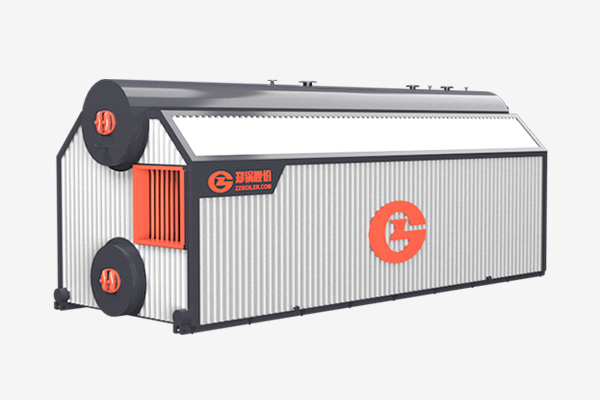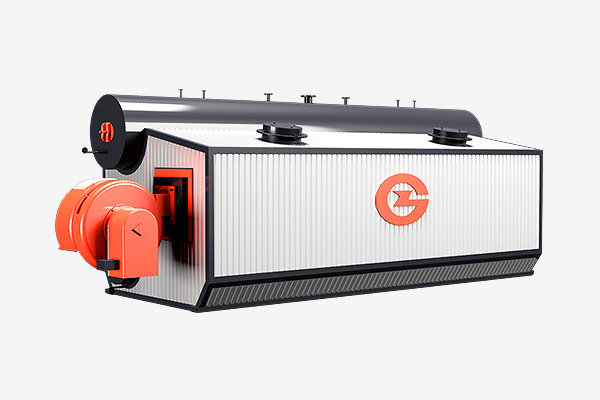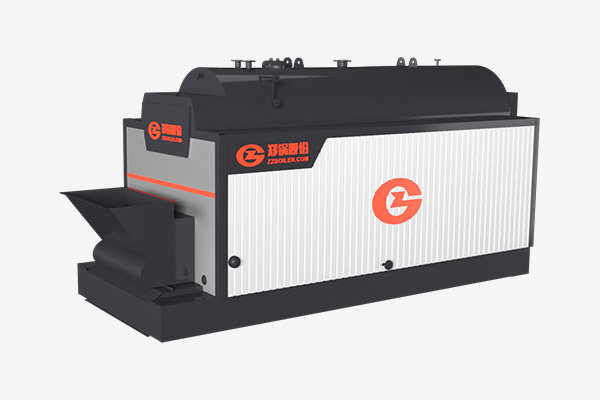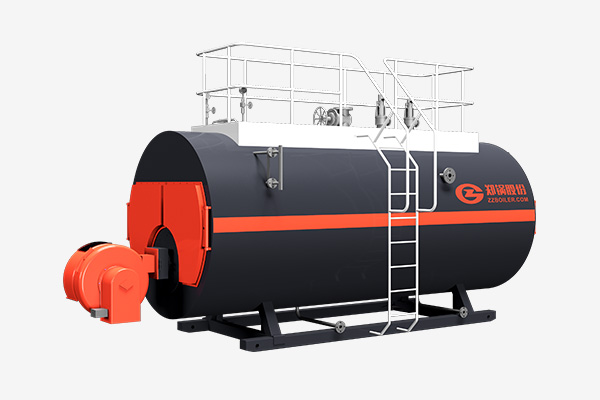How to Optimize Solid Fuel Combustion Boiler
2016-03-09 10:44:43A main reason that people purchase a solid fuel boiler is that the fuel used is cheaper than gas and oil and its operation cost is lower than gas & oil boiler. The solid fuel (like coal, biomass, wood, bagasse, ricehusk) price is increasing in recent years, and it is a concerned issue of optimizing and improving solid fuel efficiency so that to save more money.
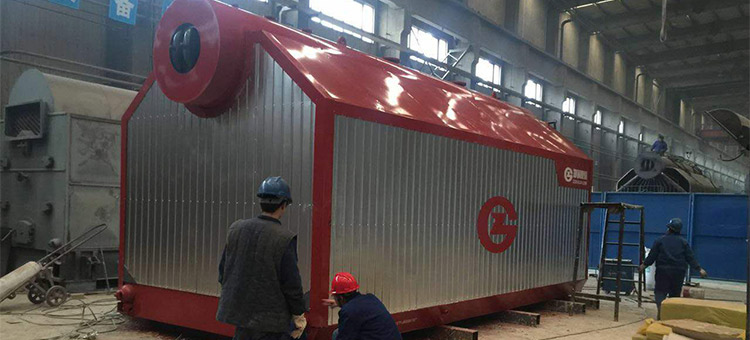
solid fuel biomass boiler in factory
A boiler system lives and dies by the flow of fuel into the furnace. Boilers that have the most problems are ones that do not have very good control over how uniform and consistent this flow is. This principle is even more important in applications with frequent load fluctuations. The system must harness control of the fuel input because even a slight interruption of supply can cause a disturbance in the load. The metering of fuel into the boiler has to match the load requirements or the process will not be in equilibrium. It may help to see the fuel as an ingredient which, along with the under-fire and over-fire air (discussed later), produces the energy.
With solid fuels, there is almost always an array of particle sizes. Because of this disparity of fuel size, the metering of the fuel must keep the flow in constant turbulence so that the different sizes will not separate themselves. If a trend of separation occurs, the furnace bed will not be uniform and the burning will be biased toward certain areas. A uniform consistency of fuel will make for a larger surface area of burning and prevent hot spots and dead air zones within the furnace.
Using a fuel transfer and metering system which implements augers to transfer fuel is an effective way to precisely control feed rates as well as maintain a consistent mixture of fuel sizes.
For all inquiries, please fill in the form below (* are required) to send us a brief message, and we will get back to you as soon as possible.
